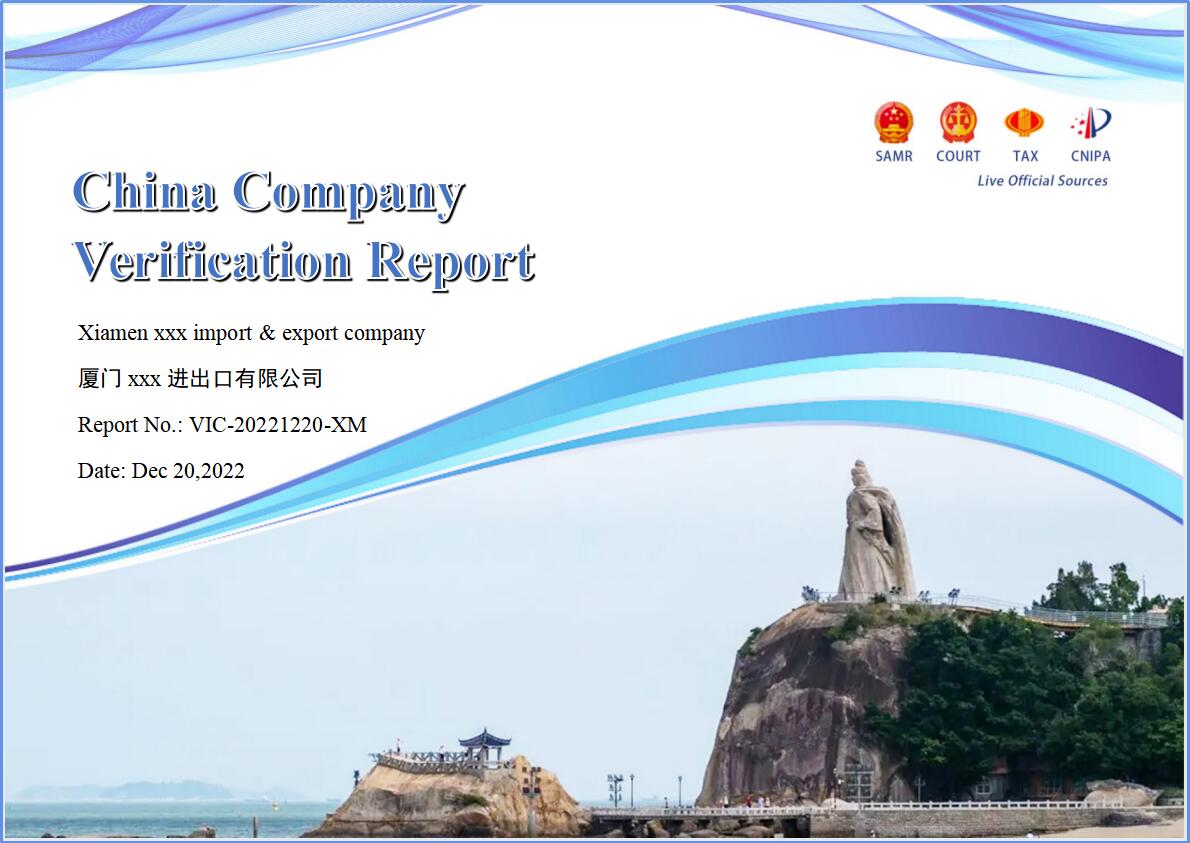Wuwei, referred to as "Wu" or "Liang" for short, and known as Liangzhou, Guzang and Yongzhou in ancient times, is a prefecture-level city under the jurisdiction of Gansu Province, an important node city of the Gansu section of the Silk Road Economic Belt, a national historical and cultural city, and a central city of the Hexi Corridor approved by the Gansu Provincial People's Government. By 2020, it has jurisdiction over 1 district, 2 counties and 1 autonomous county, with a total area of 32300 square kilometers, and 41 ethnic groups, including Han, Tibetan, Hui, Mongolian, etc. According to the data of the seventh population census, as of 0:00 on November 1, 2020, the permanent resident population of Wuwei City was 1464955.
Wuwei is located in the northwest of China, in the middle of Gansu Province, at the east end of the Hexi Corridor, bordering Lanzhou in the east, Xining in the south, Yinchuan in the north, Inner Mongolia and Xinjiang in the west. It is an open city named by the State Council, a regional central city determined by Gansu Province, and an important traffic pass city in the west. Wuwei has many scenic spots and historic sites, and its natural landscape and history and culture complement each other. It has been named the National Historic and Cultural City, China's Excellent Tourism City and China's Wine City.
Wuwei has a long history. As early as four or five thousand years ago, there were Rong, Yueshi, Wusun and other northern nationalities living together. It has been more than 2200 years since Emperor Wu of the Han Dynasty sent General Huo Qubing, a hussar, to the west of the river to defeat the Huns, highlighting the "martial arts and military power" of the Han Empire. Because Wuwei is located at the hub of the ancient Silk Road, the economic hub of the ancient Central Plains and the Western Regions, the place where the Central Plains culture and the Western Regions culture converge and spread, the pass of the western section of the Silk Road, the capital where Chinese and foreign merchants gather, and all dynasties have set up prefectures in Wuwei.
In 2014, Wuwei Bonded Logistics Center was established with the joint approval of the national ministries and commissions, and became the first special customs supervision area in Gansu Province; In December of the same year, the China-Europe train "Tianma" was put into operation; In 2016, the Gansu Provincial Party Committee and the Gansu Provincial Government decided to speed up the construction of the Gansu (Wuwei) International Dry Port with the help of the whole province. The construction of the Gansu (Wuwei) International Dry Port rose to the strategic level of opening up and developing export-oriented economy in the province.
Minimize the Risk and Scam
Within 2 Working Day
$ 135 USD
